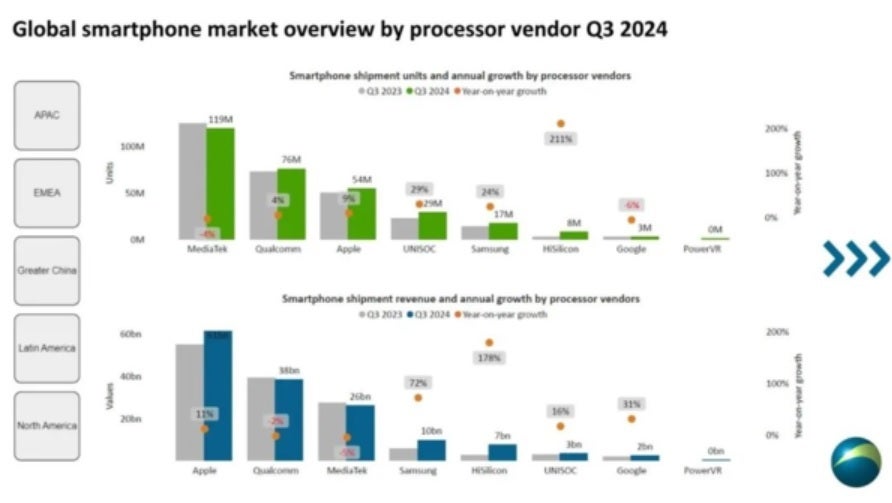In an ever-evolving financial landscape, trust is the cornerstone. The past rigidly tethered trust to credit scores, painting individuals with a broad brush based on numbers. However, the horizon hints at change. The emergence of no credit check business loans signals a pivotal shift in how the financial world perceives trust. This evolution beckons a closer look. How is the future of loan approvals being shaped? This article embarks on this exploration.
1. The Renaissance of Data: Beyond Numbers
Numbers have had their day under the sun. But what about the myriad of other factors that define a person? Financial institutions are harnessing the power of data analytics to view credit scores and analyze behaviors, habits, and potential. Just as the shades of a rainbow span beyond primary colors, the data points for assessing trustworthiness are multi-faceted. Spending patterns, saving trends, and even social media behaviors are pieced together to sketch a holistic portrait of a potential borrower.
2. Personal Stories: The Narrative Approach
Have you ever listened to a song and felt a connection? Stories have a unique power. Some lenders are now tuning into the narratives of individuals. A start-up owner might have faced early challenges but demonstrates resilience and adaptability. By understanding backgrounds, motivations, and dreams, lenders genuinely understand an individual’s character. This narrative approach humanizes lending, placing heart and soul over mere digits.
3. Digital Decentralization: Blockchain’s Promise
In the vast tapestry of technology, blockchain emerges as a stitch holding immense potential. Its decentralized nature ensures transparency and security. Blockchain can validate and verify transactions without a central authority when applied to the lending sphere. Imagine a world where every transaction tells a story, building a transparent, immutable ledger. In this world, trust isn’t just given; it’s earned, recorded, and reinforced with each interaction.
4. Community-Based Evaluations: Crowd Wisdom
Peer evaluations or community-based assessments could play a role in determining an individual’s creditworthiness. Like neighbors vouching for one another, this system would tap into the collective intelligence of a community. It’s the financial equivalent of relying on word-of-mouth recommendations, acknowledging that sometimes, the crowd knows best.
5. Flexibility and Education: Nurturing Growth
Lantern by SoFi states, “When evaluating applications, lenders often consider both a business’s credit score and the personal credit score of the owner. If either of these is low in your case, it can hurt your chances of getting approved for a loan or can result in higher rates if you are approved.”
Imagine a world where making a mistake isn’t the end but the beginning of a learning curve. As the lending paradigm shifts, there’s a growing emphasis on financial education. Instead of outrightly rejecting applications based on past mistakes, some institutions might offer resources, tools, or courses to help individuals better manage their finances. It’s a world where lenders don’t just give fish but teach how to fish, ensuring a sustainable financial future.
In summing up, the realm of loan approvals is undergoing a metamorphosis. The rigid structures and parameters of the past are giving way to flexible, holistic, and empathetic approaches. As trust is reimagined, it becomes evident that the future is not just about assessing the ability to repay but understanding the human behind the numbers. The dawn of no credit check business loans is just the beginning, a herald of a future where trust is multifaceted, encompassing, and truly reflective of an individual’s potential.




